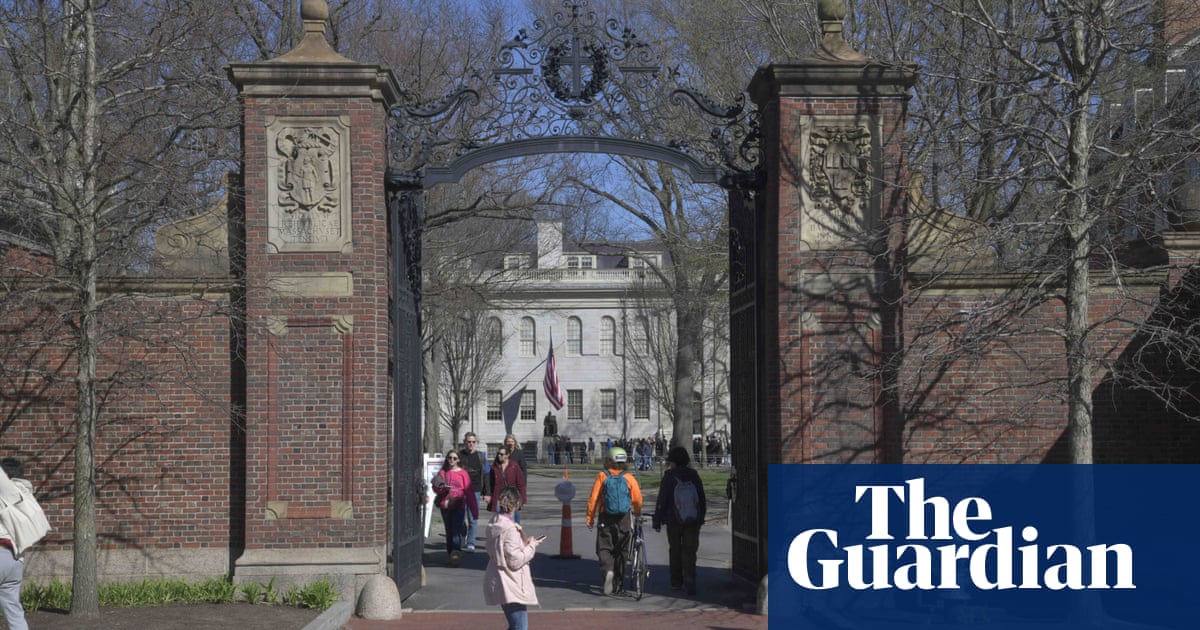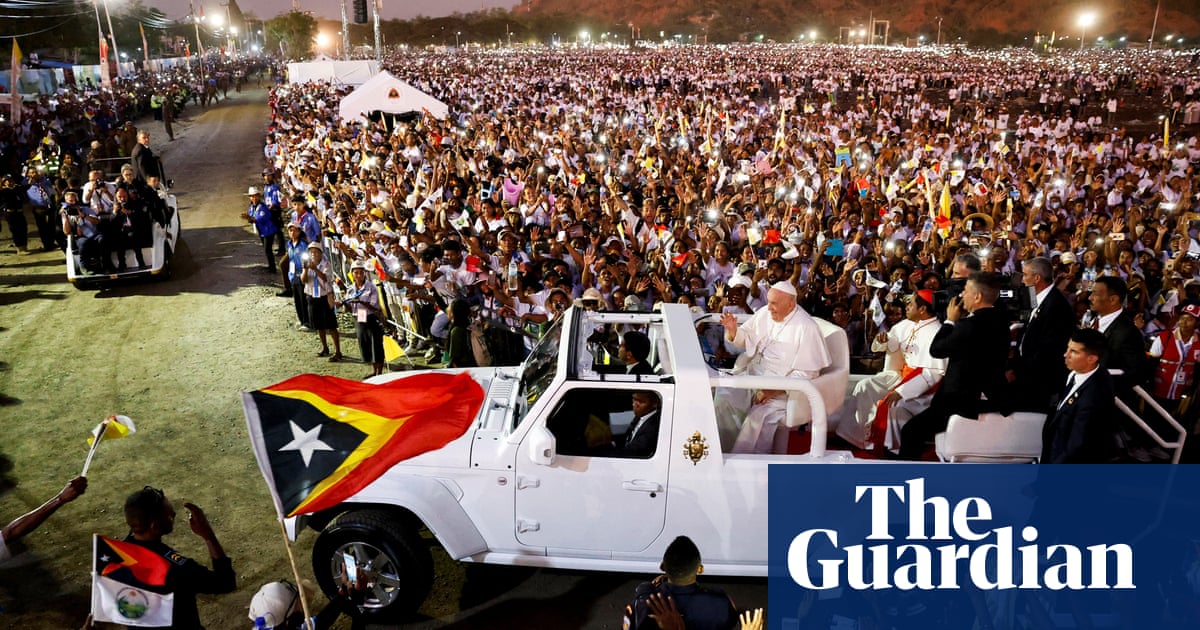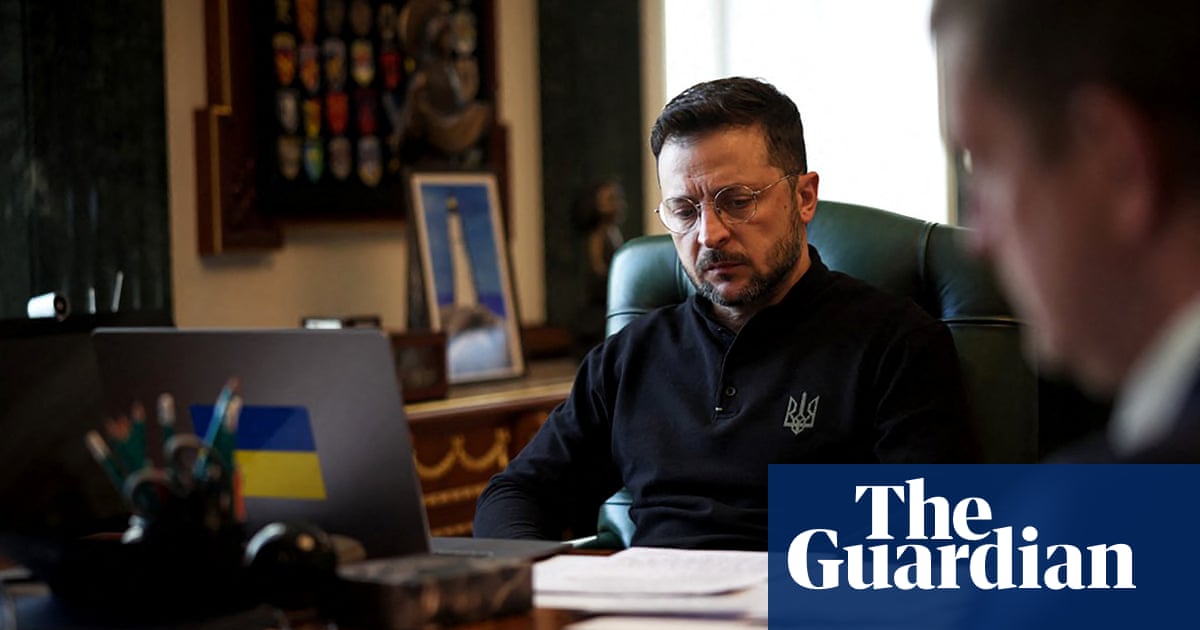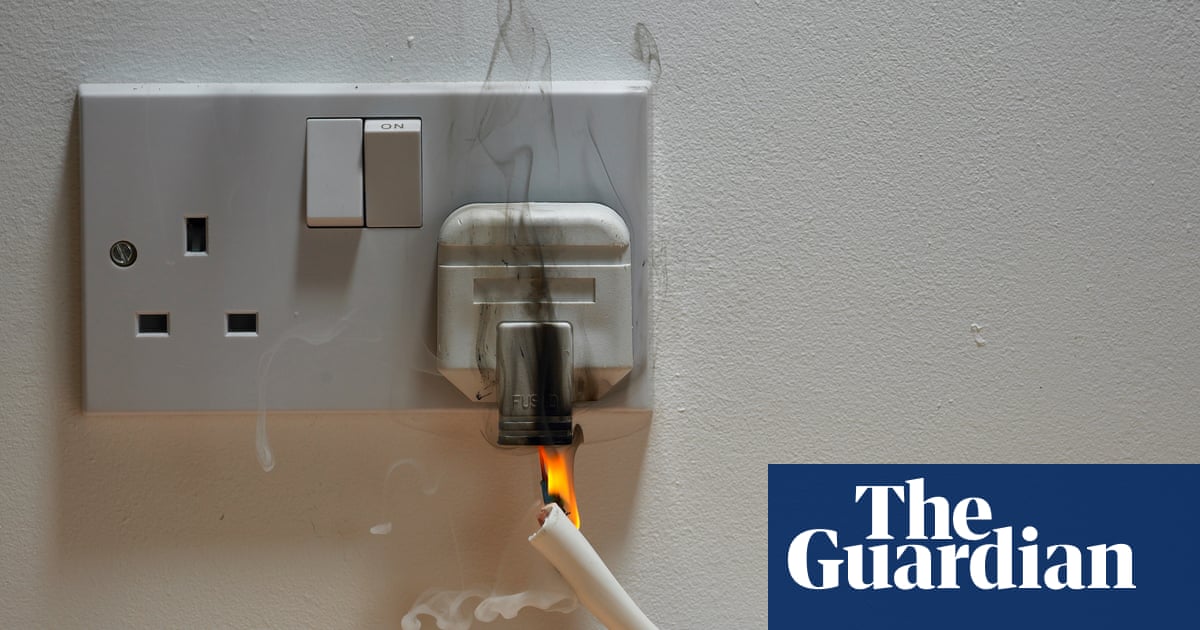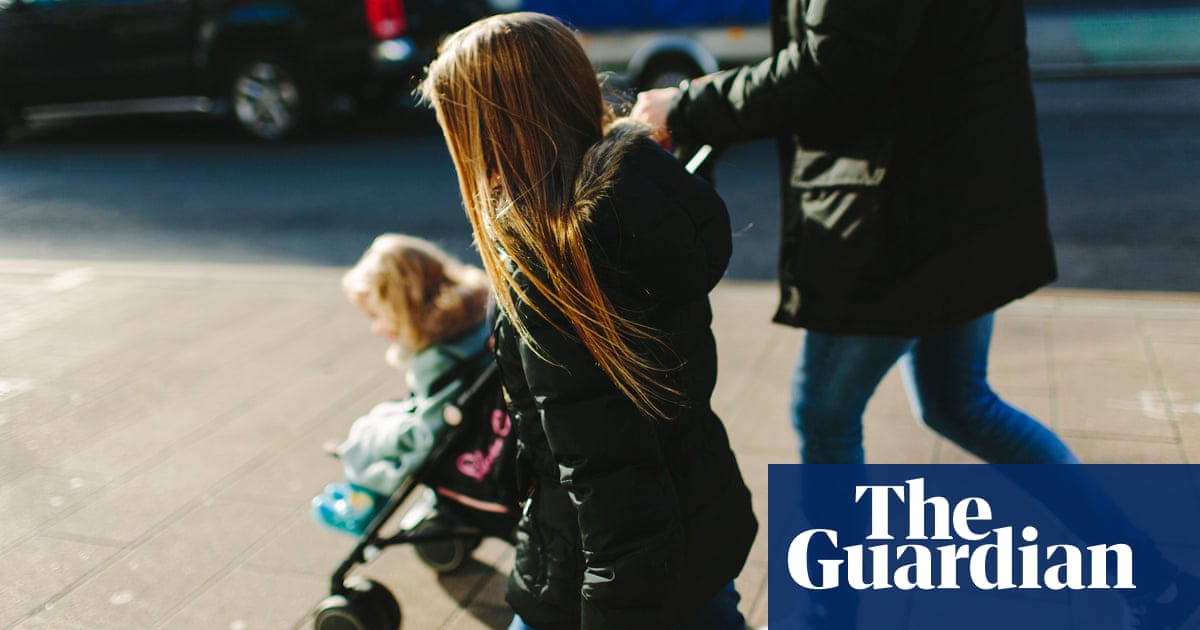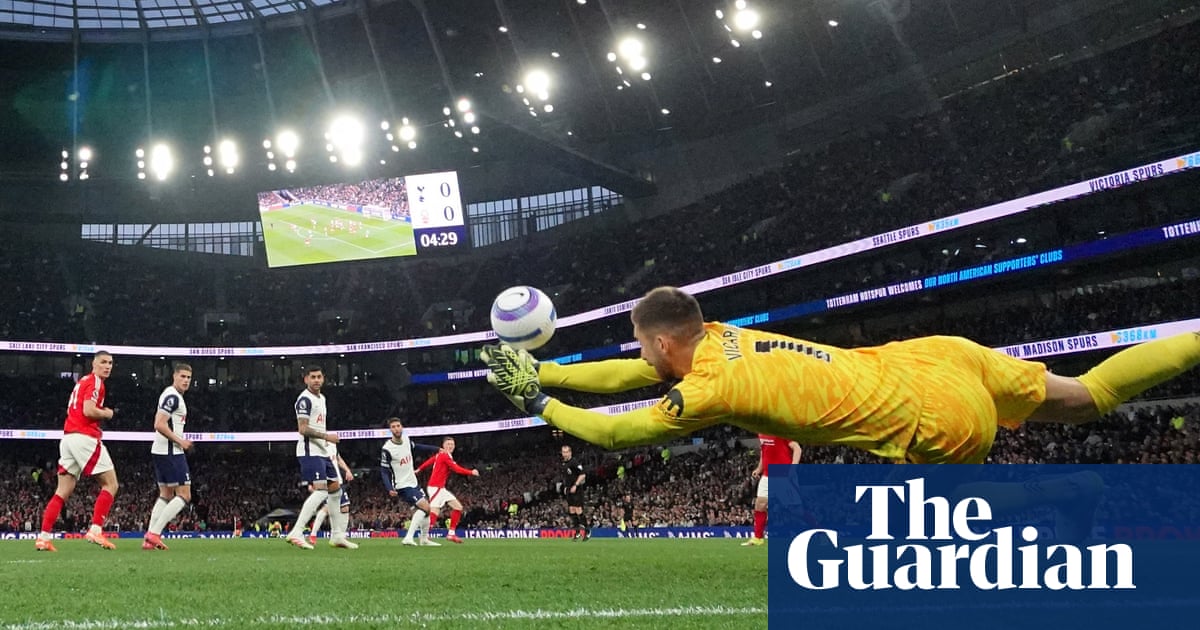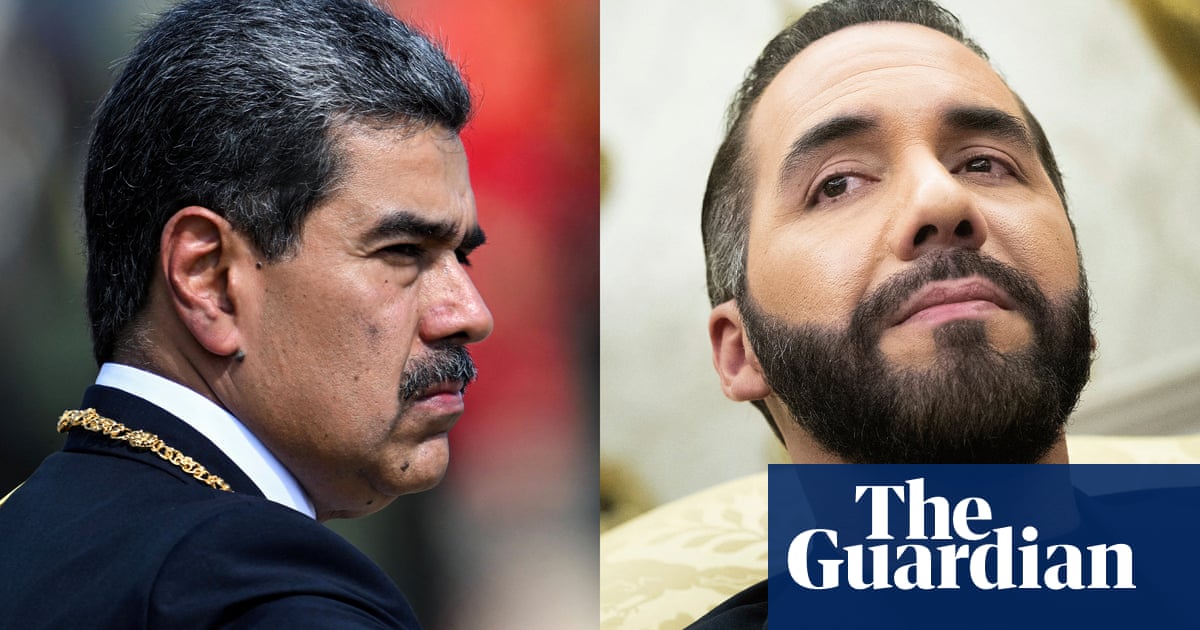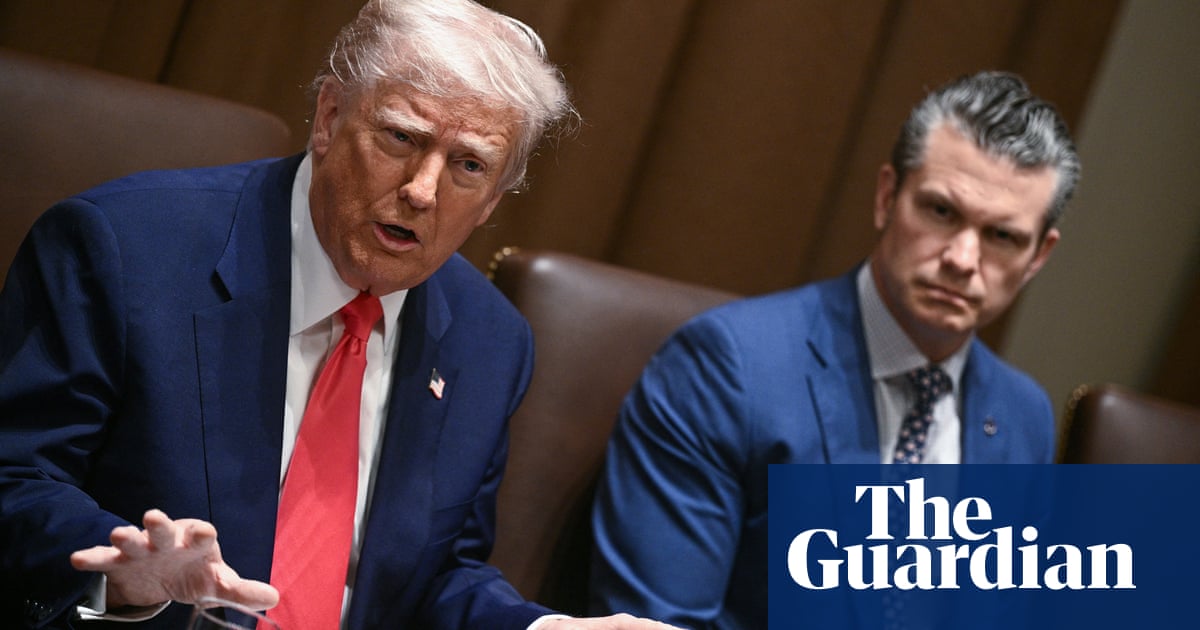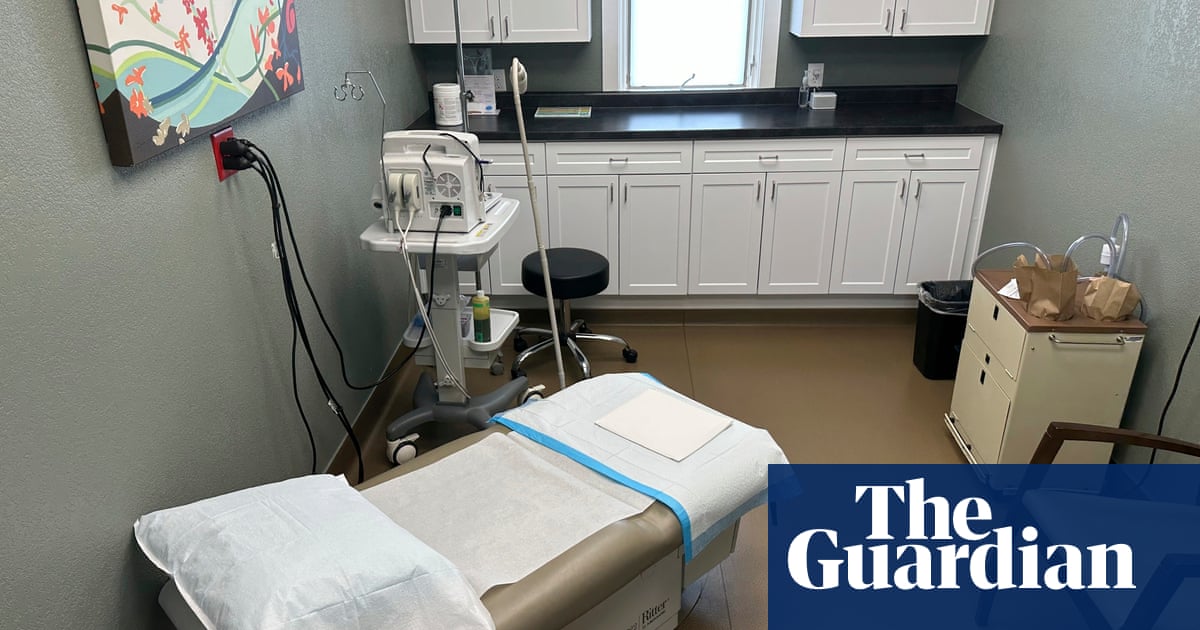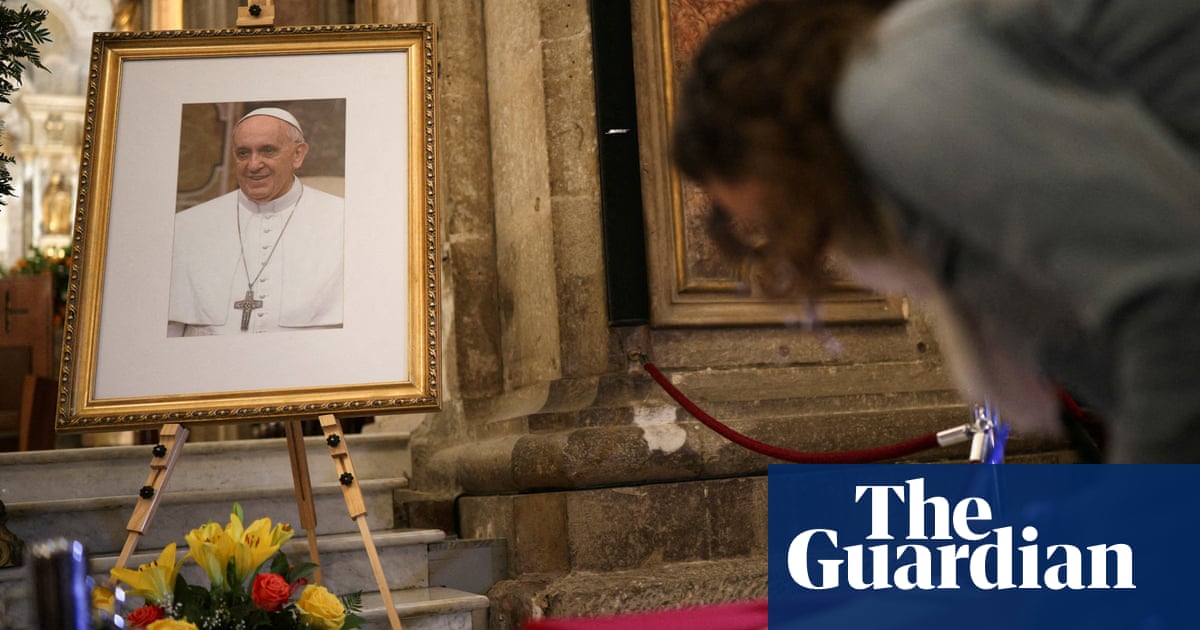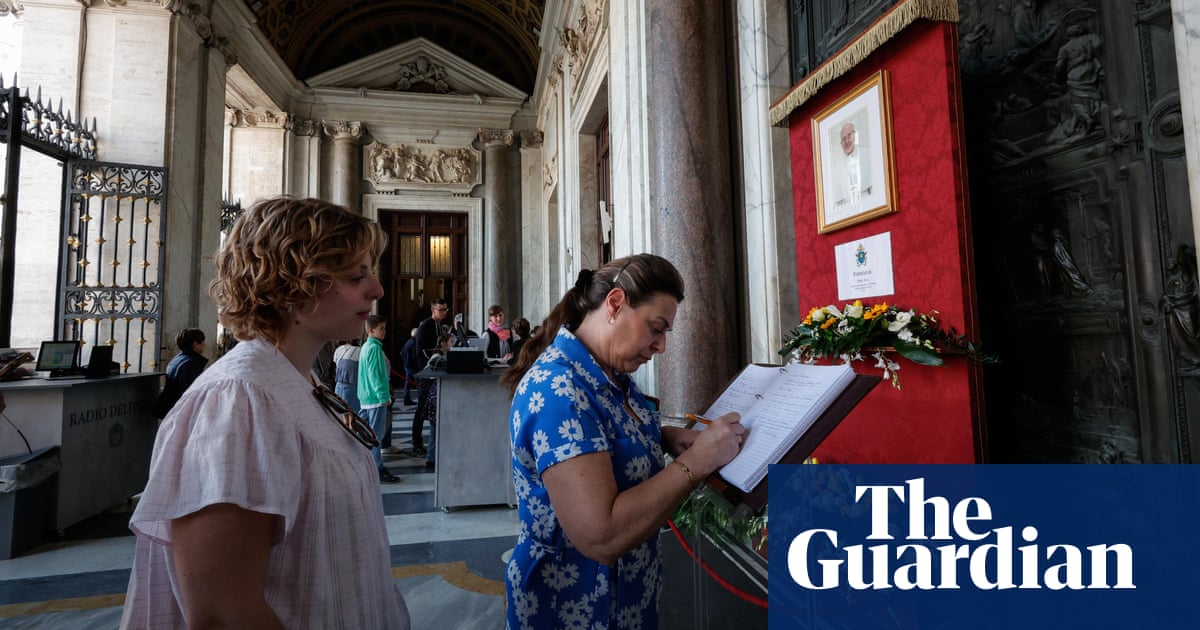Donald Trump on Monday issued “full, complete and unconditional” presidential pardons for about 1,500 people who were involved in the January 6 attack on Congress, including some convicted of violent acts, making good on his promise to act in such cases on day one of his second term.
In addition to the pardons, he issued commutations for more than a dozen cases, shortening sentences for those that he said needed “further research”. Among those whose sentences were commuted was Stewart Rhodes, the founder of the far-right Oath Keepers militia.
“This is a big one. We hope they come out tonight, frankly,” Trump said while signing the pardons in the Oval Office on Monday night after he referred to those convicted as “hostages”.
Trump also directed the justice department to dismiss all pending indictments against people related to January 6.
“This proclamation ends a grave national injustice that has been perpetrated upon the American people over the last four years and begins a process of national reconciliation,” Trump’s action says.
Some in the president’s circle wanted him to review the cases one by one, assessing who was deserving of a pardon. But Trump decided all deserved some form of clemency for the event he has rewritten as a “day of love”.
The J6 community, as the group calls itself, had pushed for blanket pardons because they believe the prosecutions had been tainted entirely. Some believe the government played a role in orchestrating the insurrection, absolving them of any responsibility for their actions.
A procession of Proud Boys marched in Washington on Monday, carrying a banner that congratulated Trump on his victory, a visible representation of the welcome the far right is receiving from the new administration. They chanted “fuck Joe Biden” and “fuck antifa” in their return to the national stage, and called for Trump to “free our boys”.
Some of their members have been charged for their involvement in the insurrection, including for charges of seditious conspiracy. The group’s former national chairperson, Enrique Tarrio, was sentenced to 22 years in prison for his role, and he has been publicly pleading for Trump to pardon him and other “J6ers”. Rightwing journalists and Tarrio’s family have said he was being released after Trump’s action.
At the time of Tarrio’s sentencing, federal prosecutors said: “No organization put more boots on the ground at the Capitol on January 6, 2021 than the Proud Boys, and they were at the forefront of every major breach of the Capitol’s defenses, leading the on-the-ground efforts to storm the seat of government.”
Democracy advocacy groups called the pardons an affront to the rule of law that would enable people to commit similar crimes in the future.
“It is perhaps on brand that Donald Trump has kicked off his 2nd term with an assault on our democracy, just as he ended his first term,” said Lisa Gilbert, the co-president of watchdog group Public Citizen. “This isn’t just about degrading the US constitution and the rule of law in theory, his disgraceful actions here send a message that political violence is acceptable, so long as it is in support of him and his pursuit of unchecked power.”
Police who defended the Capitol that day also said the move puts people at risk.
“Today is another dark day in American history and a continuation of the stain that January 6th left on our nation. I am infuriated, but not surprised in the slightest. We can’t pretend to be shocked because Trump has fulfilled his longstanding promise to pardon the criminals he incited to attack me and my fellow officers,” former Capitol police officer Harry Dunn said.
In the lead up to Trump signing the pardons, Jake Lang – accused of beating police officers outside the Capitol during the insurrection – noted on X that the justice department had dropped his case. He had sought repeated delays of his case, spending more than four years in jail awaiting trial.
“IM FINALLY COMING HOME!!!! GOD BE MAGNIFIED!!!” Lang wrote. “MOUNTAINS DO REALLY MOVE IN JESUS NAME!!!”
An ongoing vigil outside the DC jail, where some “J6ers” were being held, grew larger than its typical size as supporters showed up to hear when their loved ones would be released and celebrated Trump’s pardons, a livestream outside the jail showed.
On 6 January 2021, in a speech at the Ellipse, outside the White House, Trump told supporters to “fight like hell” to stop certification of his conclusive 2020 defeat by Joe Biden, based on Trump’s lies about electoral fraud. Trump also told supporters he would march to the US Capitol with them, a promise he did not fulfill.
Hundreds of police officers were injured in the attack, which is now linked to nine deaths, law enforcement suicides among them.
after newsletter promotion
The riot failed to stop the election certification and Biden took office. Impeached for inciting an insurrection, Trump was left free to run for office when only seven Republican senators voted to convict.
A Department of Justice investigation of Trump’s election subversion around the January 6 attack produced four criminal charges but was dropped after Trump defeated Kamala Harris in last year’s presidential election. A report by the special counsel, Jack Smith, was released last week. It said Trump would have been convicted at trial.
On the campaign trail, Trump made January 6 pardons a central part of his message, his rallies often featuring the national anthem sung by prisoners in a Washington DC jail.
With Trump back in office, justice department investigations of crimes linked to January 6 are expected to cease.
On 6 January this year, the department said 1,583 defendants had been federally charged with crimes associated with the attack.
Of those defendants, 608 were charged with violent crimes, whether “assaulting, resisting, or impeding law enforcement agents or officers or obstructing those officers during a civil disorder”, and “including approximately 174 defendants charged with using a deadly or dangerous weapon or causing serious bodily injury to an officer”.
Listing weapons used or carried during the attack, the department described “firearms; OC spray; tasers; edged weapons, including a sword, axes, hatchets, and knives; and makeshift weapons, such as destroyed office furniture, fencing, bike racks, stolen riot shields, baseball bats, hockey sticks, flagpoles, PVC piping, and reinforced knuckle gloves”.
Eighteen people were charged with seditious conspiracy, the most serious charge laid. The heaviest sentences ranged from 10 to 22 years.
More than 1,000 defendants pleaded guilty to January 6 offenses. In all, the justice department said, “approximately 1,100 defendants have had their cases fully adjudicated and received sentences for their criminal activity on January 6, including 667 sentenced to periods of incarceration and an additional 145 … allowed to serve the entirety of their sentence” at home.
Read more of the Guardian’s Trump coverage

.png) 2 months ago
28
2 months ago
28
